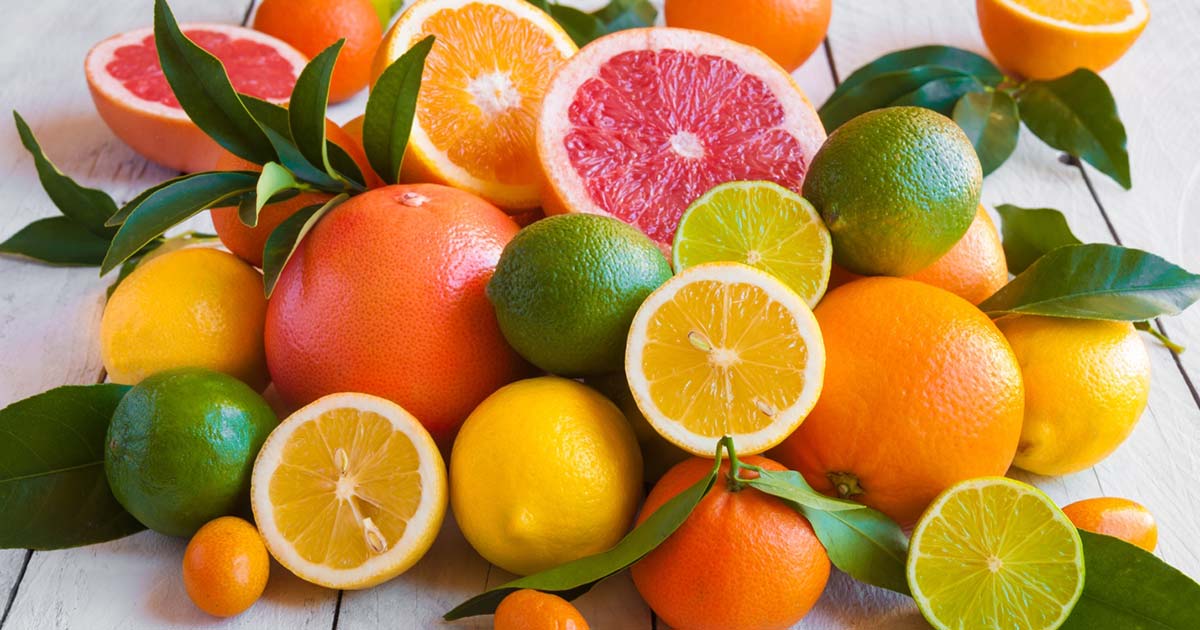The winter months can be hard on your body and immune system. For one, when the weather cools down, we stay indoors more often which deprives our bodies of valuable vitamin D and other nutrients we get from spending time outside. In addition, spending more time indoors, particularly when you are surrounded by others, increases your risk of getting sick. Keeping your immune system functioning efficiently starts with your diet. Here are six foods to incorporate into your winter diet to keep yourself healthy and happy.
1. Pomegranates
Pomegranates are a powerhouse fruit to add to your diet this winter. It’s full of antioxidants, vitamins and has even been linked to cancer prevention. Add the seeds to your morning cereal or yogurt or enjoy a glass of pomegranate juice.
2. Pears
While pears do contain essential vitamins, their most important feature is the fiber they contain. Fiber aids in digestion, can help with weight management and even help lower cholesterol levels.
3. Bananas
Bananas are an amazing source of potassium which has been linked to help decrease anxiety and stress levels. They also contain B-6 which help strengthen and build cells within the body. One of the best benefits of bananas is that they’re one of the most affordable fruits you can incorporate into your diet.
4. Cranberries
Cranberries are a classic winter fruit, oftentimes making an appearance on most holiday dinner tables. But they are more than just a colorful side dish. Cranberries can help with heart disease, the prevention of certain cancers and help decrease inflammation in the body.
5. Persimmons
While a little less known than some of these other fruits, persimmons are a superfood you should try. They are packed full of vitamins and nutrients that have been linked to increased eye health, an improved digestive system and can aid in heart health.
6. Citrus
Citrus fruits like oranges and grapefruit are an essential food year round, but particularly in the winter months. They are packed full of vitamin C which has been shown to help boost your immune system. They are also full of vitamin D which can help boost levels in your body during the winter months when you can’t receive as much from the sun.

